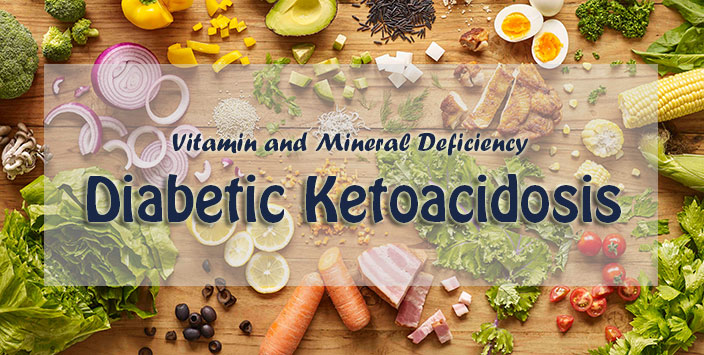Potential Nutrient Deficiencies
The Vitamin Deficiency
Vitamin D
VITAMIN D is a fat-soluble vitamin that is essential for the regulation of calcium and phosphorus levels in the body. It helps to promote the absorption of calcium and phosphorus from the intestines, which contributes to bone health and growth. VITAMIN D is also important for immune function and has been associated with reduced incidence of certain diseases such as multiple sclerosis, depression, and some types of cancer.
The recommended daily intake of VITAMIN D varies according to age and gender. The following are the recommended daily intake for different age groups:
– Infants 0-12 months: 400-1000 IU/day
– Children 1-18 years: 600-1,000 IU/day
– Adults 19-70 years: 600-800 IU/day
– Adults over 70 years: 800-1000 IU/day
NOTE: Some people may need higher VITAMIN D intake, such as those who have limited exposure to sunlight, have dark skin, are obese, or have certain medical conditions. It is always recommended to consult a healthcare provider about the proper dosage of VITAMIN D supplements.
The Mineral Deficiency
Potassium
Magnesium
Sodium
POTASSIUM is a mineral that plays a crucial role in maintaining the balance of fluids in the body, as well as in regulating muscle contractions, nerve function, and heart rhythm. It is an electrolyte, which means it carries an electrical charge that allows it to conduct nerve impulses and help cells communicate with each other. POTASSIUM is also important for maintaining healthy blood pressure and for proper kidney function.
About 2,500-3,000 milligrams of POTASSIUM per day is the recommended daily intake for adults. However, the exact amount of POTASSIUM needed may vary depending on factors such as age, sex, level of physical activity, and overall health status.
According to the National Institutes of Health, the recommended daily intake of POTASSIUM is as follows:
– Infants aged 0-6 months: 400 mg
– Infants aged 7-12 months: 800 mg
– Children aged 1-3 years: 2,000 mg
– Children aged 4-8 years: 2,300 mg
– Children aged 9-13 years: 2,500 mg
– Teenage girls aged 14-18 years: 3,000 mg
– Teenage boys aged 14-18 years: 2,300 mg
– Men aged 19 years and older: 3,400 mg
– Women aged 19 years and older: 2,600 mg
NOTE: It is important to note that individuals with certain conditions such as kidney disease or those taking certain medications may have different POTASSIUM requirements. A consultation with a healthcare provider is always recommended for personalized advice.
MAGNESIUM is a mineral that is essential for the proper functioning of the human body. It plays a vital role in many bodily functions, including muscle and nerve function, protein synthesis, blood pressure regulation, and bone health. Deficiency in MAGNESIUM can result in a range of health problems, including muscle cramps, anxiety, and irregular heartbeats.
The daily recommended intake of MAGNESIUM varies depending on age and gender.
– For adult men, the recommended daily intake is 400-420 mg.
– For adult women, the recommended daily intake is 310-320 mg.
– Pregnant women need more MAGNESIUM, with a recommended daily intake of 350-360 mg.
– Breastfeeding women also have an increased need for MAGNESIUM, with a recommended daily intake of 310-360 mg.
Children’s recommended daily intake of MAGNESIUM depends on their age:
– 1-3 years: 80 mg
– 4-8 years: 130 mg
– 9-13 years: 240 mg
– 14-18 years (boys): 410 mg
– 14-18 years (girls): 360 mg
NOTE: It’s important to note that these are general guidelines, and individual needs may vary based on specific health conditions or dietary factors.
SODIUM is a mineral that plays an important role in regulating the fluid balance in the body, as well as maintaining healthy nerve and muscle function. It is an electrolyte that helps to balance the levels of water and ions within cells and in the bloodstream.
The American Heart Association recommends a daily intake of no more than 2,300 milligrams (mg) of SODIUM for most adults. For individuals with high blood pressure, heart disease, diabetes, or other health conditions, the recommended intake may be lower.
NOTE: Consuming too much SODIUM can lead to high blood pressure, which can increase the risk of heart disease and stroke. It is important to maintain a balanced intake of SODIUM as part of a healthy diet. It is also helpful to check food labels and choose low SODIUM options whenever possible to stay within the recommended daily intake.
- READ MORE




